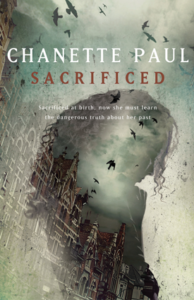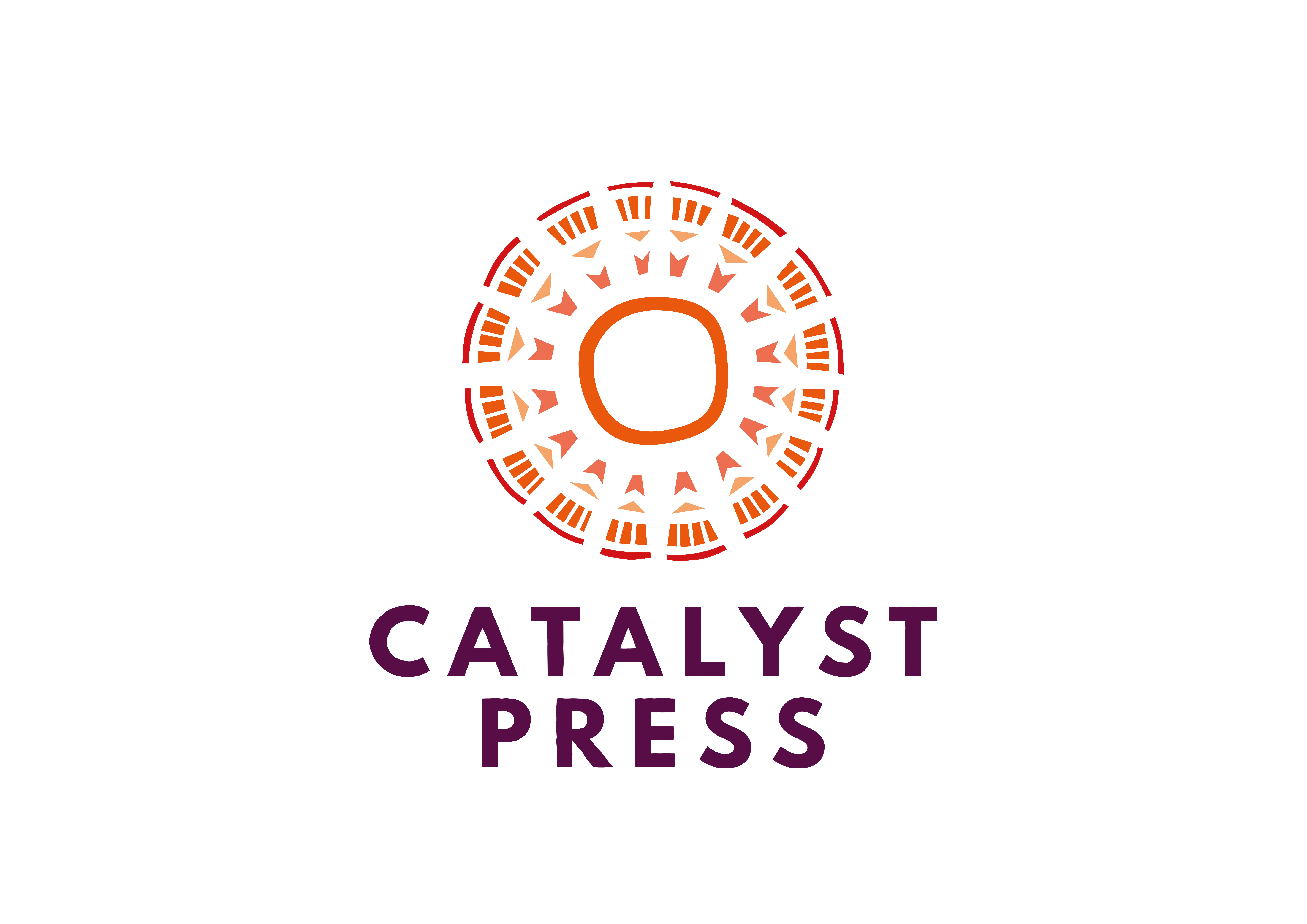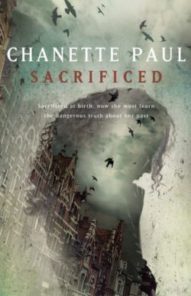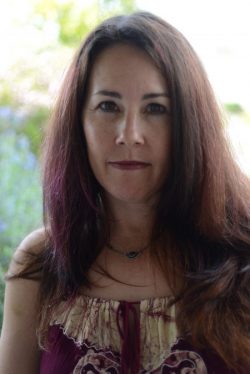On October 10, we hosted a Twitter conversation between Brussels Noir editor Michel Dufranne (@MichelDufranne) and our own Chanette Paul (@Chanettie). These two great writers were talking all things #WritingCrime. We’re hoping that this first of many author conversations we host. If you missed their chat, here are a few highlights:
On what makes Belgium such an intriguing setting for their work:
 Chanette: As my Mom was Dutch I’ve always had a great interest in the Low Countries and understand the language. That made it easier to try and figure out how Belgians think, how they see the world. The parallels between the Belgian Congo and South Africa’s apartheid years made a perfect background for my story. The parallels between the Belgian Congo and South Africa’s apartheid years made a perfect background for my story. South Africa’s current problems strongly echo the consequences after the Belgian Congo became independent.
Chanette: As my Mom was Dutch I’ve always had a great interest in the Low Countries and understand the language. That made it easier to try and figure out how Belgians think, how they see the world. The parallels between the Belgian Congo and South Africa’s apartheid years made a perfect background for my story. The parallels between the Belgian Congo and South Africa’s apartheid years made a perfect background for my story. South Africa’s current problems strongly echo the consequences after the Belgian Congo became independent.
Michel: Brussels is a concentrate of diversities: a city as large as a village, 1 million inhabitants capital of EU and NATO, a French-speaking city in the heart of Flanders, a city made up of a multitude of communities. Like any cocktail the mix can be indigestible and explosive. Perfect for #WritingCrime
On bringing social issues into crime writing:
Chanette: I want to entertain, not to educate. If something can be learned from my books it is a bonus. However, it would please me if Sacrificed gives insight into the complicated and conflicted life we live in South Africa/Africa. If it draws attention to the grey areas between white and black, good and evil, good intentions and bad intentions.
Michel: [I’m tired] of hearing the international media say “Brussels  decided…” Brussels can’t be summarized in its role as the capital of the EU. Brussels is my city. Brussels is complex.
decided…” Brussels can’t be summarized in its role as the capital of the EU. Brussels is my city. Brussels is complex.
On love of place:
Chanette: Sacrificed explores to a great extend how one can still deeply love a country that has turned inside out. How you can love a country that has been become so dangerous the free live barricaded behind bars? But it also explores what happens when one feels a country has been stolen from you, how you view descendants and accomplices of the thieves that stole your country and mistreated its inhabitants. It explores one’s inexplicable emotional entanglement with your place of birth.
Michel: I have the right to criticize my mother, but anyone who wants to criticize her must be wary because I will defend her!
On Diversity in Crime Fiction and Beyond
Michel: It’s a recent and social fight. Most of the time heroes are white people. For young readers some projects integrate more diversity of society (e.g. Seuls), but it’s the same for all “archetypes;” There’s no fat heroes, there are few women…
Advice for young female writers entering the genre:
Chanette: Be brave! Write and believe in yourself and what you have to say.
————
Sacrificed is available for purchase now at Amazon and IndieBound. Visit Akashic Books for more information on Brussels Noir, and their entire Noir series.


